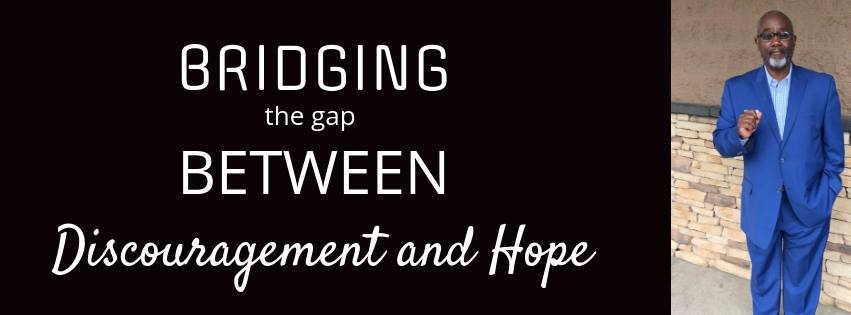
Humility has come up a lot in my consultations, primarily because of a misunderstanding of what the word means. The dictionary says a “modest or low view of one’s own importance”. It does NOT say a low view of one’s own humanity, purpose, talents or meaning for being. There is a big difference. Since you are a unique human with a mix of talents shared by no one else and your purpose is yours alone it would be ludicrous to not think of yourself as not valuable.
To think otherwise is not humility but the worst form of pride. To many people, humility seems like a vice, weakness, or disease to avoid at all costs. Isn’t a humble person a wimp or, worse, a cringing and despicable coward? Won’t a humble leader be the object of contempt and abuse, the kind of person who gets trampled by all the aggressive ladder climbers in the organization? This perception may have seemed accurate in the past, but not any longer. Jim Collins, author of the business book megaseller, “Good to Great”, has this to say:
““Level 5 leaders (individuals who blend extreme personal humility with intense professional will) channel their ego needs away from themselves and into the larger goal of building a great company. It’s not that Level 5 leaders have no ego or self-interest. Indeed, they are incredibly ambitious-but their ambition is first and foremost for the institution, not themselves”. Sounds a lot like humility, doesn’t it?
Humility requires a leader to shed all their prejudices and biases. Humility requires you as a leader to examine who you are and what you have become. Humility requires a completely new way to evaluate people (and yourself). Just because individuals have made it to a higher position on the corporate ladder does not make them smarter, any more correct in their decisions, or any more valuable than others within an organization. True humility leads to openness, teachability, and flexibility.
Humble leaders may not lead cheers for themselves, but neither are they retiring and shy people. These men and women stand firmly for their core beliefs and values. When you watch them work, their performance is graceful and smooth. They are a joy to talk to because they give no indication that they are an ounce more important than you are. Oh, and one more critical detail: These humble leaders produce incredible results.
There’s a bad-news/good news aspect to the quality of humility. The bad news is that, to be honest, in the over 30 years I have been involved in “Leadership Development”, I have encountered only a few truly humble leaders. If they were an animal species, they would definitely be on the endangered list. The good news is that, if you will learn how to humble yourself, the upside for you and those you influence will be substantial. There isn’t that much competition.
“Be Encouraged”
Many of the concepts for this piece extracted from the book, “Trust Me” by Wayne Hastings and Ron Potter, Copyright, 2004, Waterbrook Press
